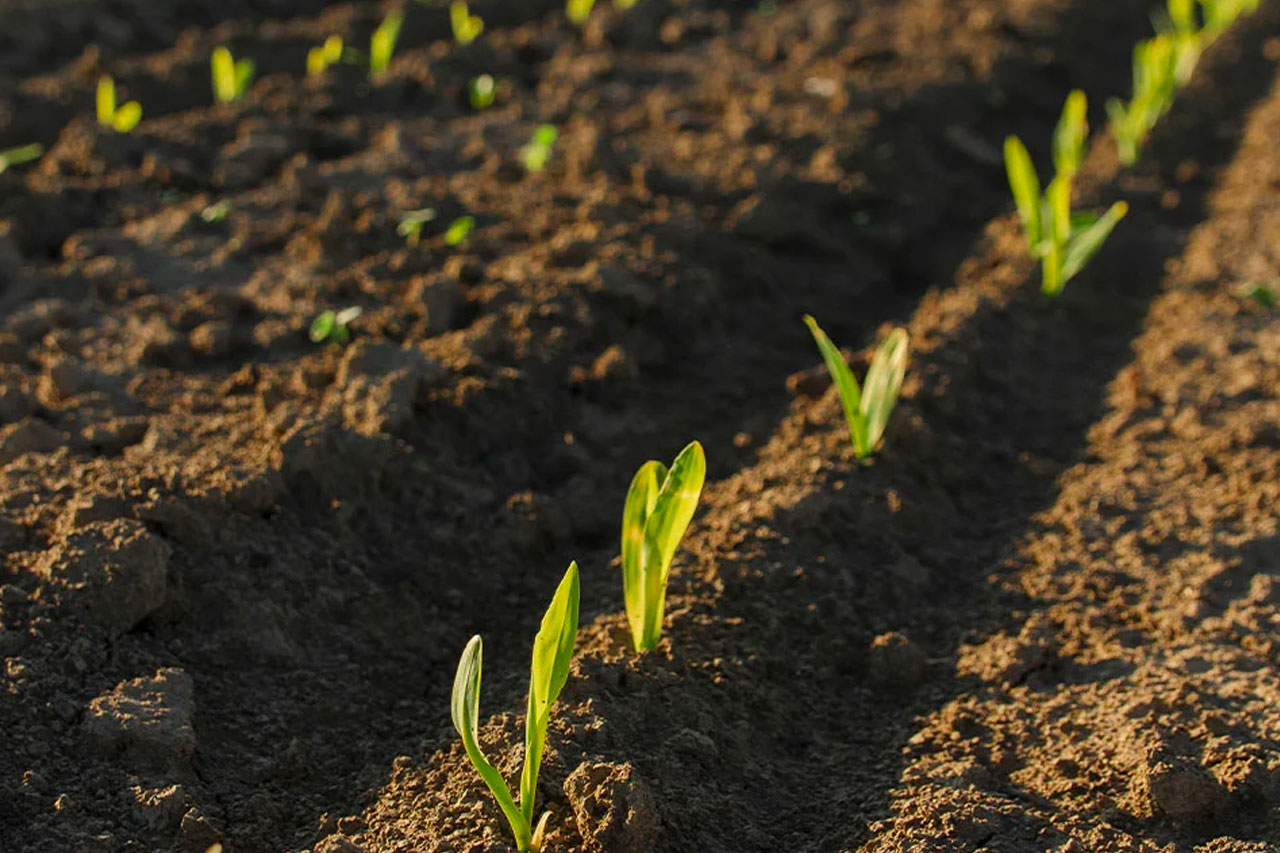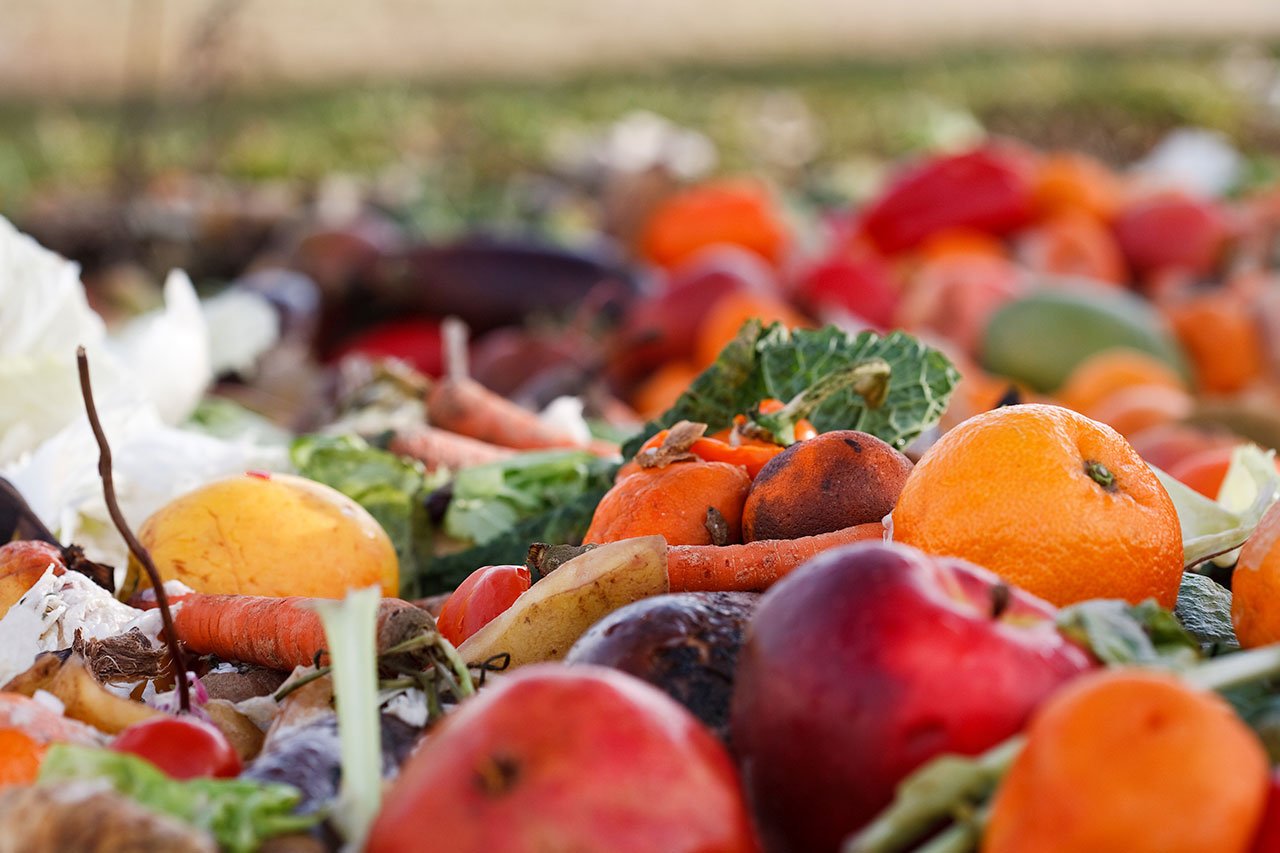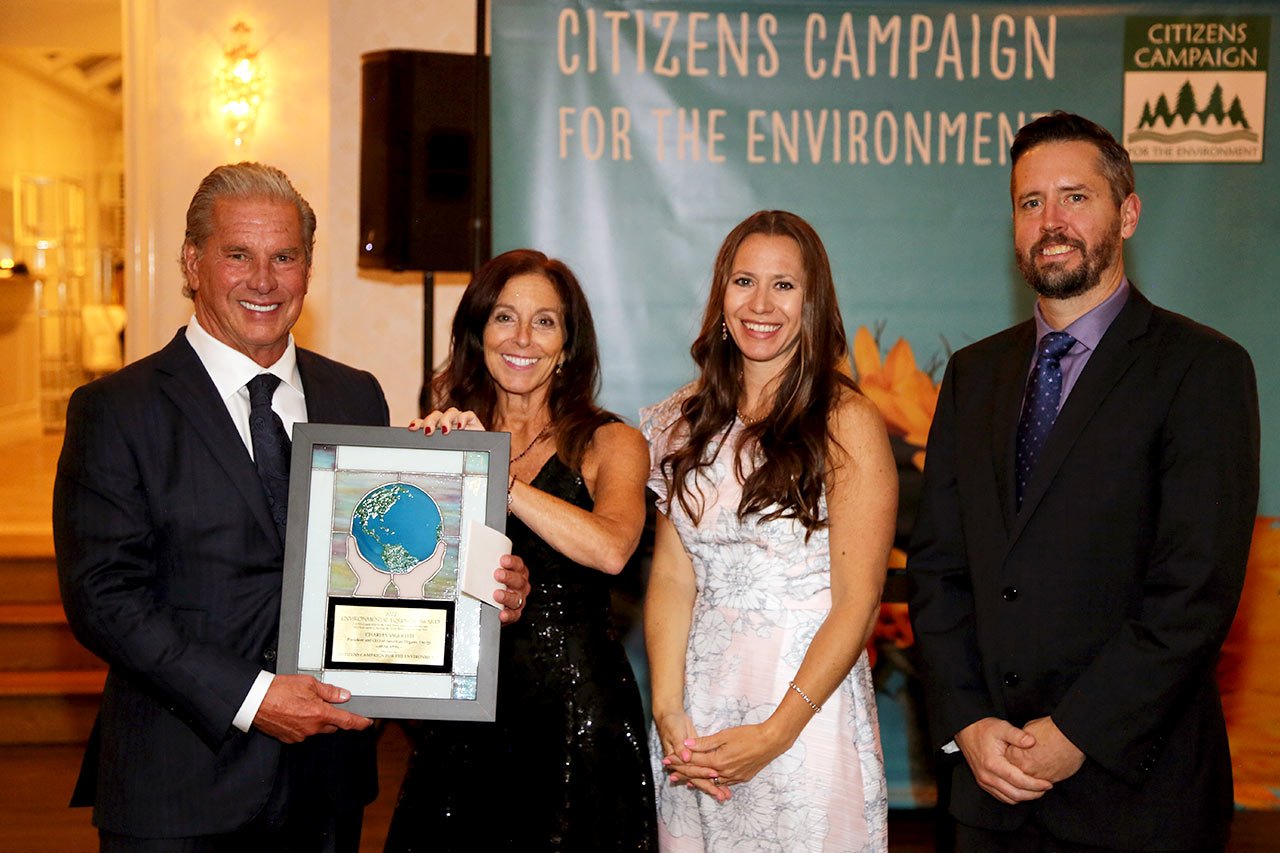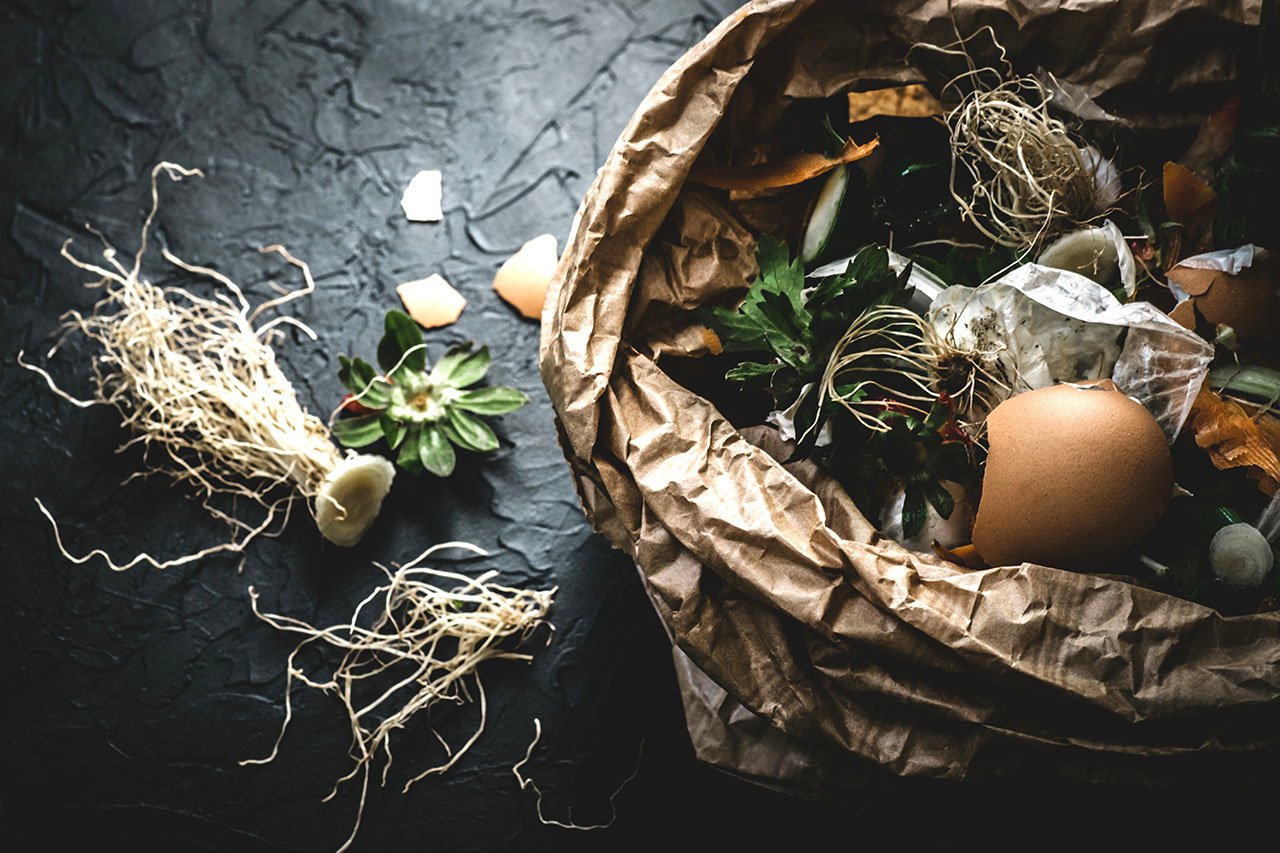Organic soil can be used for a wide variety of purposes, though it is a particularly popular option when it comes to planting seedlings, vegetables, and flowering plants.
Its composition of primarily plant material serves to make organic soil far more adept at cultivating plant life than other, non-organic alternatives. As a “living soil,” beneficial components serve to increase soil nutrient content, subsequently aiding in water retention, plant growth, and drainage capabilities.
Popular Purposes
Seedlings, especially those raised without the use of chemical fertilizers and pesticides, are ideal candidates to plant in organic soil. It’s crucial to select those that thrive in your regional conditions; recommended options include coriander, dill, lupine, sweet peas, squash, cucumbers, tomatoes, pole beans, zucchini, Swiss chard, and snow peas/sugar snaps.
Vegetable gardens should be grouped in raised beds if possible, to provide a concentrated area where prospects are less likely to be tread upon. This approach also reduces the need for weeding, limits water waste, and targets compost and key nutrients to help the plants flourish. Vegetables typically grow best in soil that is slightly acidic, with a pH ranging from 6.0-7.0, as more nutrients are readily available within this interval.
Flowering plants tend to thrive when rooted in organic soil, helping to pollinate vegetables while demonstrating the symbiotic nature of organic gardening at its prime. Blossoms known to shine in this environment are black-eyed Susans, marigolds, salvias, sunflowers, zinnias, poppies, phlox, larkspur, and morning glories.
Many gardeners choose to further bolster their organic soil by adding amendments to increase nutrient value, as well as the soil’s ability to hold oxygen, retain moisture, and provide adequate drainage. While these are not required components, amendments have been proven to aid the overall function of those plants residing within soil that has been so enhanced.
For further information on organic soil, amendments, composting and more, contact Long Island Compost today.








